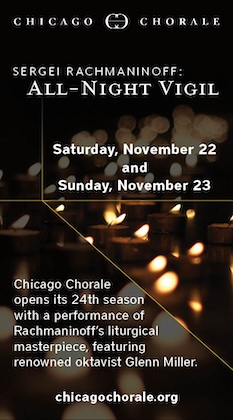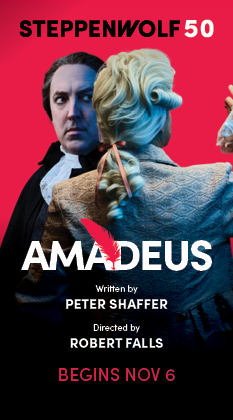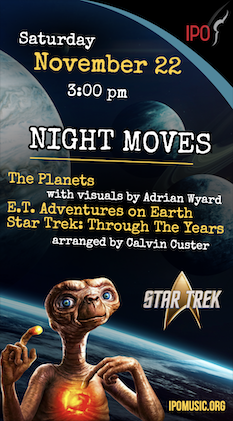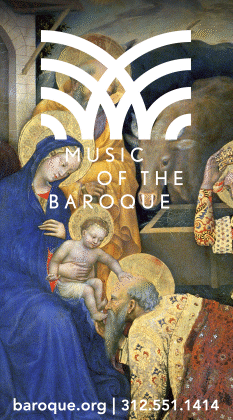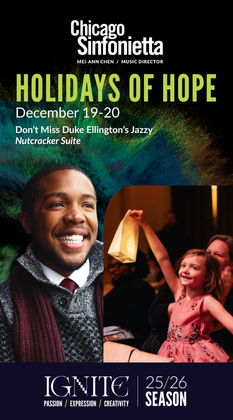Apollo Chorus continues 140-year tradition with a characterful “Messiah”
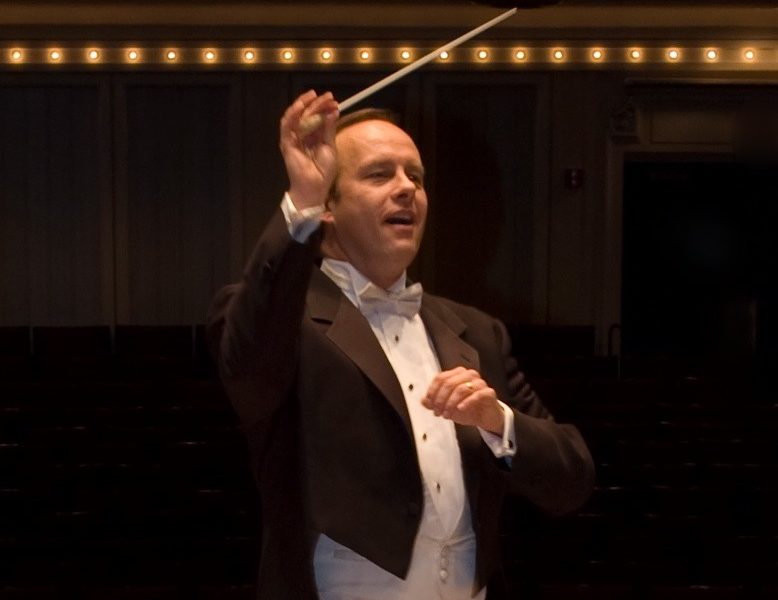
As every classical concertgoer knows, holiday season is Messiah season. And there is no local ensemble for which this is a more established tradition than for the Apollo Chorus of Chicago, which has been performing Handel’s oratorio every winter since 1879.
The Apollo Chorus continued this tradition Saturday night at the Harris Theater, where they were joined by soloists Jamie-Rose Guarrine, Annie Rosen, Josh Lovell, and Evan Boyer, under the baton of music director Stephen Alltop.
Alltop led a performance in the modern style, with a small chamber orchestra and very fleet tempos. Like most Baroque composers, Handel provides few dynamic or articulation instructions, leaving most of this up to the conductor. Alltop’s choices were consistently imaginative. In every movement, he seemed to find some underlying orchestral figure that could be spun into a characterful shape.
This creativity extended to his handling of the chorus. For each entrance in “And with His stripes we are healed,” the conductor had the singers forcefully articulate the first four words, and then fade away for the next three. This was followed by a rendition of “All we like sheep” where the clipped articulation added an air of jauntiness.
A greater profusion of these interpretive touches would have seemed mannered, but Alltop deployed just enough interpretive individuality to keep things interesting.
The Apollo Chorus is a volunteer, rather than a professional choir. As such, one might have expected them to buckle under the pressure of executing Handel’s passagework at some of Alltop’s breakneck speeds, but they largely held their own. Their main liability was diffuseness in many of the fugal numbers, such as “And he shall purify” or “He trusted in God,” in which the counterpoint tended to turn hazy. The ensemble was at its strongest in unison passages, in which one could hear how precisely they were drilled by Alltop to inflect the text in subtle ways.
The only weak link among the soloists was bass-baritone Evan Boyer. His wobbly tone and mushy diction were constant detriments, especially in fast solos, such as “Why do the nations so furiously rage together?”
Conversely, tenor Josh Lovell’s solos were a consistent cause for joy. His light-colored timbre was well suited for the gentle “Comfort ye my people.” But he also projected very clearly over the forceful orchestral accompaniments in “Thou shalt break them with a rod of iron,” without any coarsening of tone.
Soprano Jamie-Rose Guarrine was at her best in the slower, more lyrical solos, in which her pearly tone could be heard most clearly. She resisted the common urge to over-dramatize “I know that my Redeemer liveth,” instead showing how effective this aria is when sung simply and gracefully.
Mezzo-soprano Annie Rosen brought the strongest sense of characterization of any of the soloists, with a flexible timbre that was pliable to a variety of delivery styles. She sang the outer sections of “He was despised” plaintively, almost blankly—as if in shock at the grief being described—and then delivered the middle section with all the urgency and indignation that the text demands.
The program will be repeated 2 p.m. Sunday at the Harris Theater. harristheaterchicago.org
Posted in Uncategorized
